The Montessori Program: Practical Life

The Montessori Program: Practical Life
The earliest years of a child’s life are filled with discovery, growth, and boundless potential. At Joyous Montessori, we understand that these formative years are when children begin shaping their independence, confidence, and understanding of the world. The Montessori Practical Life Program is the foundation of this journey, helping children build essential life skills while fostering responsibility, focus, and joy in everyday tasks.
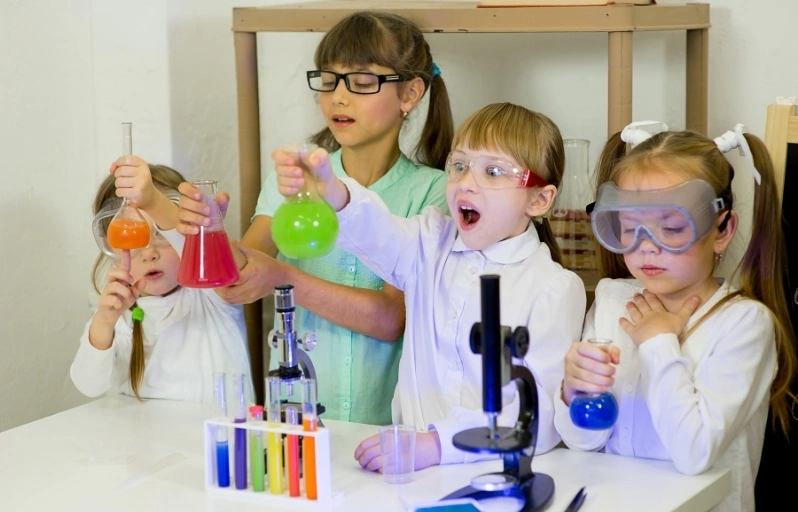
What is Practical Life in Montessori Education?
In Montessori, “Practical Life” refers to activities that reflect real-life experiences, tasks that children see adults doing every day. These exercises are not just chores; they are meaningful opportunities for children to develop coordination, independence, and concentration.
From pouring water and folding cloths to buttoning shirts and sweeping floors, these activities allow children to gain confidence in their abilities and pride in their accomplishments. As Dr. Maria Montessori beautifully said, “The hands are the instruments of man’s intelligence.” Through hands-on work, children learn by doing, building not only skills but character.
The Purpose Behind Practical Life Activities
The goal of Practical Life education is to help children achieve independence and control over their movements, which lays the groundwork for all other areas of learning. Each activity strengthens motor coordination, concentration, order, and self-discipline, qualities that extend far beyond the classroom.
At Joyous Montessori, our teachers act as gentle guides, demonstrating how to perform each task while allowing every child to repeat and refine it at their own pace. This balance of freedom and structure helps children internalize the satisfaction of completing meaningful work, nurturing both confidence and competence.
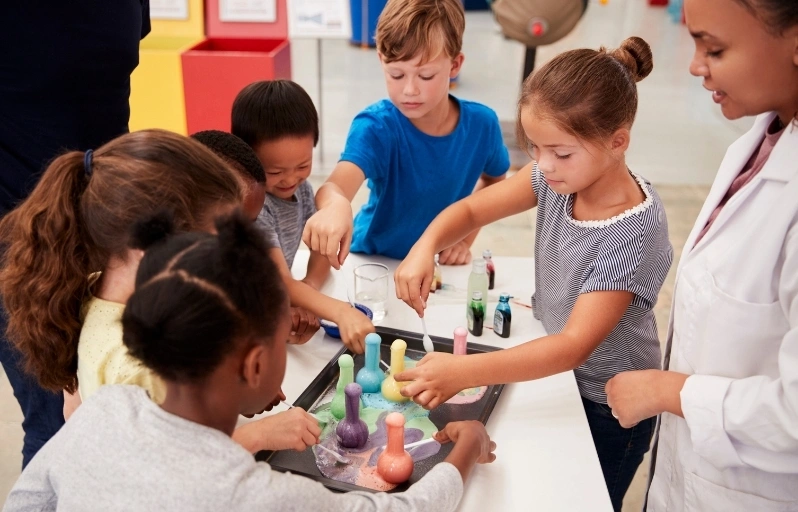
The Four Key Areas of Practical Life
Montessori Practical Life lessons are carefully organized into four main groups, each designed to guide children through progressive stages of learning and self-development.

1. Preliminary Exercises
These are the first steps toward independence. Children practice simple yet essential movements such as pouring, spooning, opening and closing containers, or folding napkins. Each activity refines coordination and helps the child gain mastery over their hands and body.

2. Applied Exercises
In this group, children begin to care for themselves and their surroundings. They learn personal care skills like washing hands, fastening buttons, and zipping jackets, as well as environmental care such as sweeping, dusting, watering plants, and feeding classroom pets. These experiences teach respect for oneself and one’s environment, both key Montessori values.
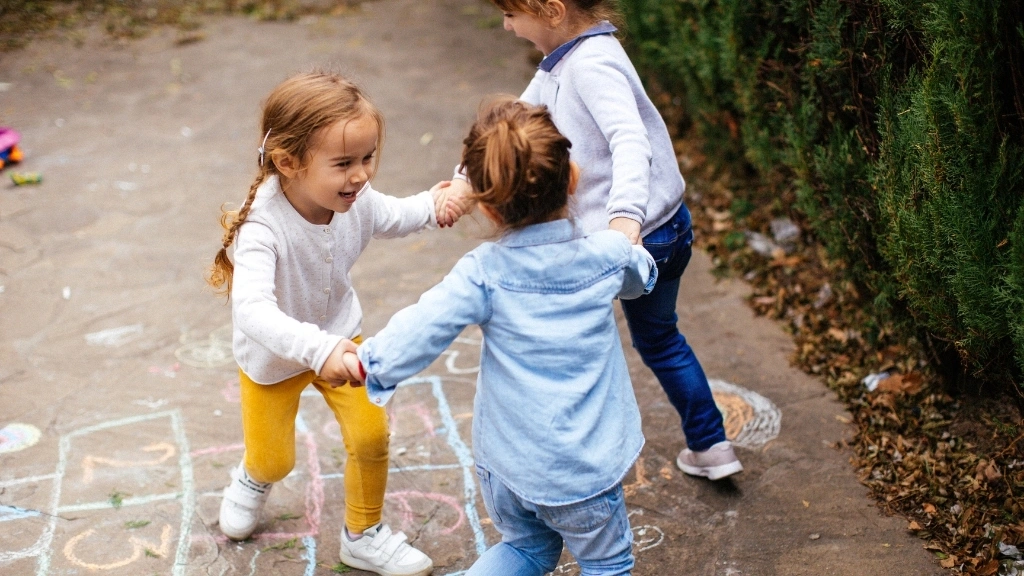
3. Grace and Courtesy
Practical Life also includes lessons on kindness, empathy, and respect. Children practice polite greetings, waiting their turn to speak, offering help, and expressing gratitude. These exercises nurture emotional intelligence and help children navigate social situations with confidence and care, skills that last a lifetime.

4. Control of Movement
Balance, coordination, and self-regulation are strengthened through mindful movement activities such as walking on a line, carrying objects carefully, or practicing silence. These exercises may seem simple, but they teach focus, patience, and composure, qualities that support future academic and personal success.
Why Practical Life Matters So Much
The Practical Life program is not about keeping children busy; it’s about building independence and a sense of purpose. Every activity is meaningful and connects children to real-world experiences.
By engaging in these tasks:
- Children learn responsibility through daily routines.
- They develop fine and gross motor skills through repetition and focus.
- They build confidence by mastering real-life challenges.
- They experience joy in contributing to their community.
This foundation of independence supports success in every other area of Montessori learning, from math and language to cultural studies and beyond.
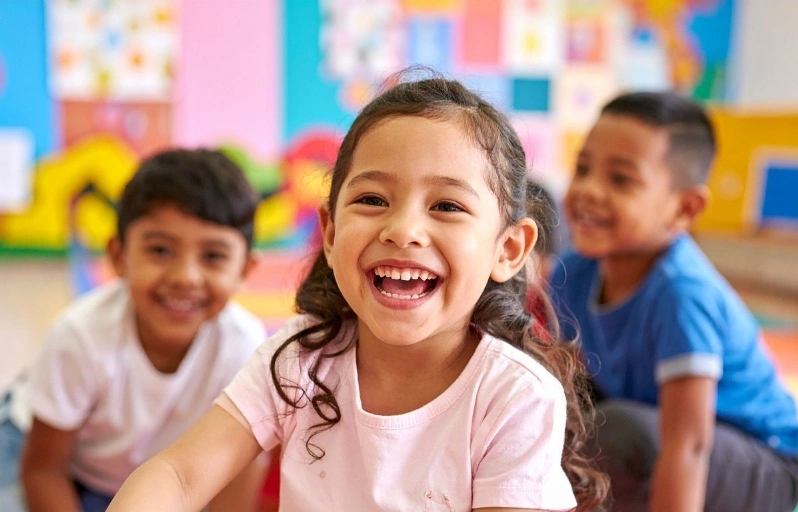
How Joyous Montessori Brings Practical Life to Action
At Joyous Montessori, our classrooms are thoughtfully prepared to inspire self-directed learning. Every Practical Life material is real, functional, and child-sized, from glass pitchers for pouring to brooms that fit tiny hands.
Children are encouraged to take ownership of their space, setting tables for snack time, cleaning up spills, or arranging flowers for the classroom. These seemingly small actions create powerful lessons in accountability and self-reliance.
Our teachers guide with patience and respect, understanding that independence develops through practice, not perfection. Children are celebrated for their effort and growth, not just their results.
Shaping Capable, Confident, and Caring Individuals
From birth through age six, children are in a sensitive period for developing coordination, order, concentration, and independence. Practical Life activities directly support these natural stages of growth.
As children progress through the Montessori Practical Life curriculum, they evolve into capable, confident, and considerate individuals, prepared to handle both the joys and challenges of life.
Through these simple yet profound lessons, they learn that real work brings real satisfaction. They gain an understanding that their actions matter, their choices have impact, and their independence is something to be proud of.
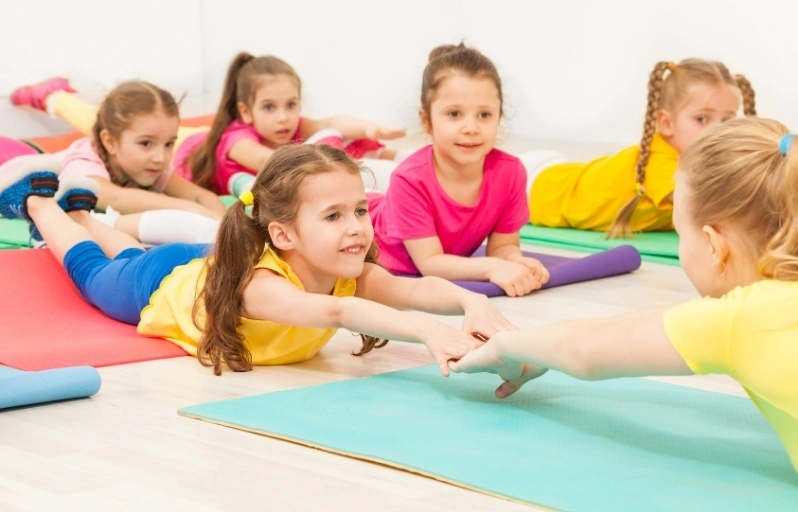
At Joyous Montessori, we see every small pour, fold, and handshake as a step toward shaping tomorrow’s leaders, individuals who are mindful, responsible, and full of purpose.
The Montessori Practical Life Program lays the foundation for lifelong learning. It’s where children first learn to trust themselves, to care for others, and to respect their environment. At Joyous Montessori, we celebrate each milestone of this beautiful journey, helping every child grow into an independent, capable, and confident individual ready to embrace the world.
